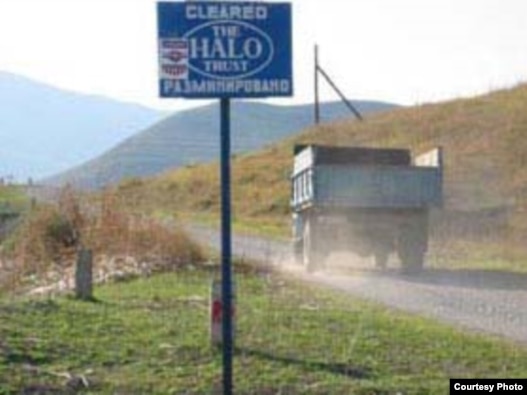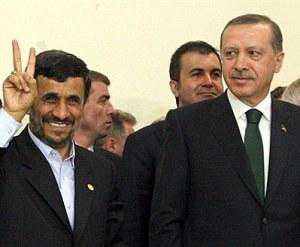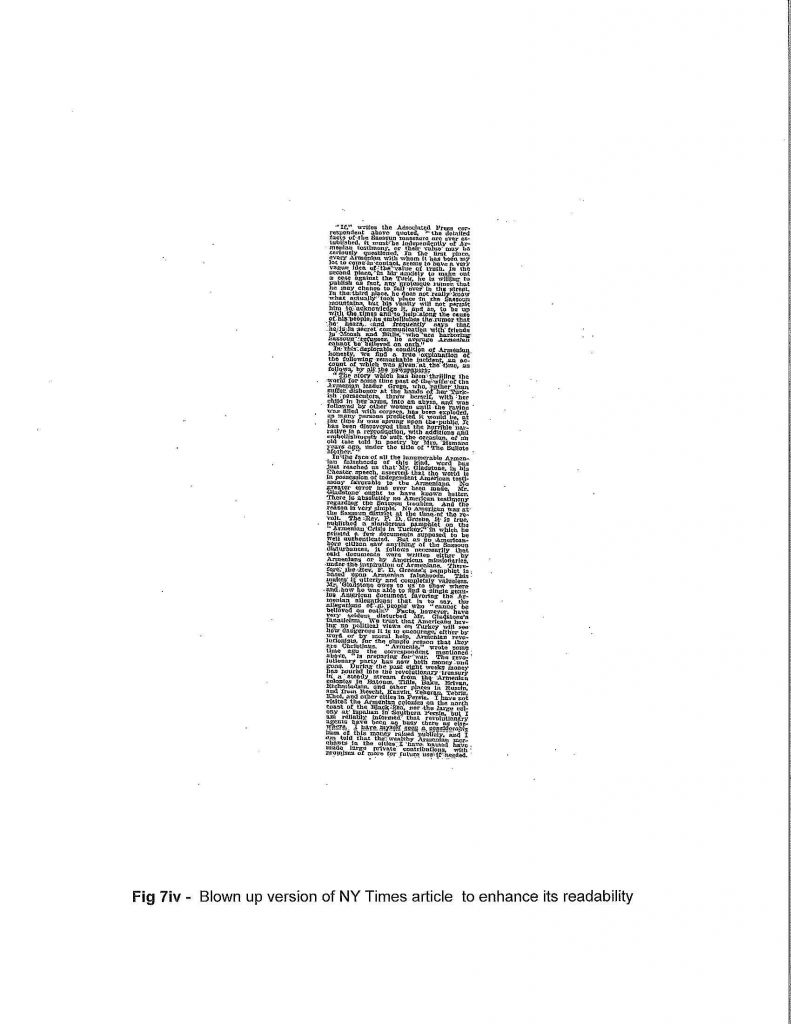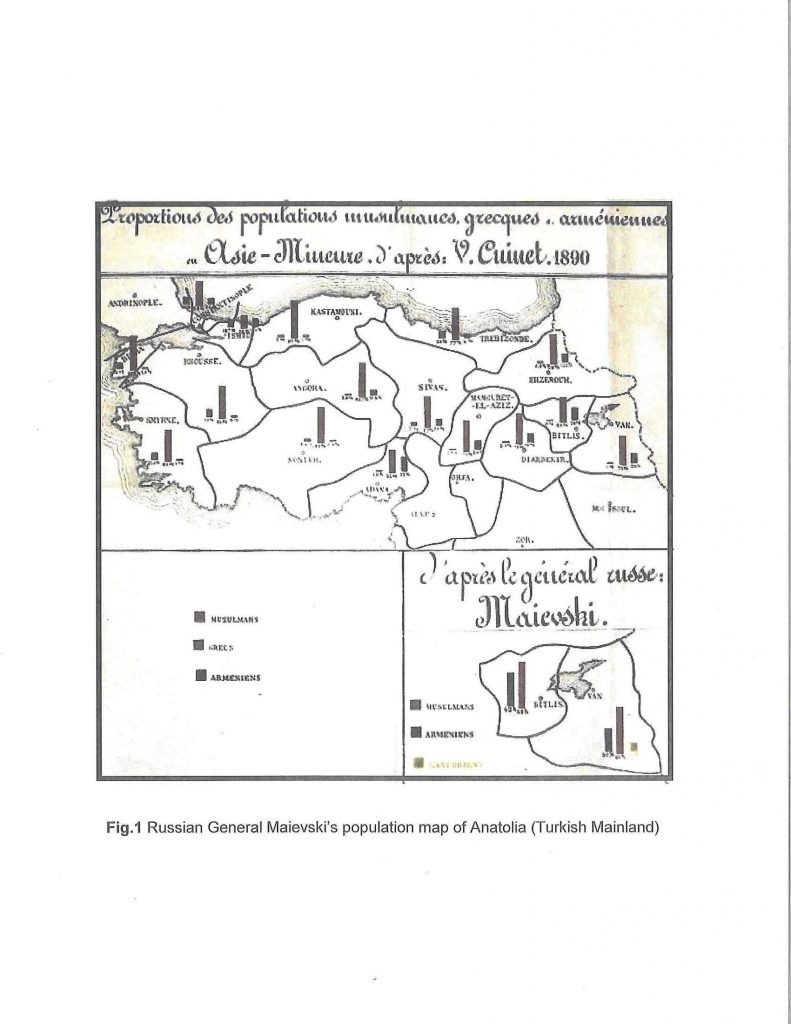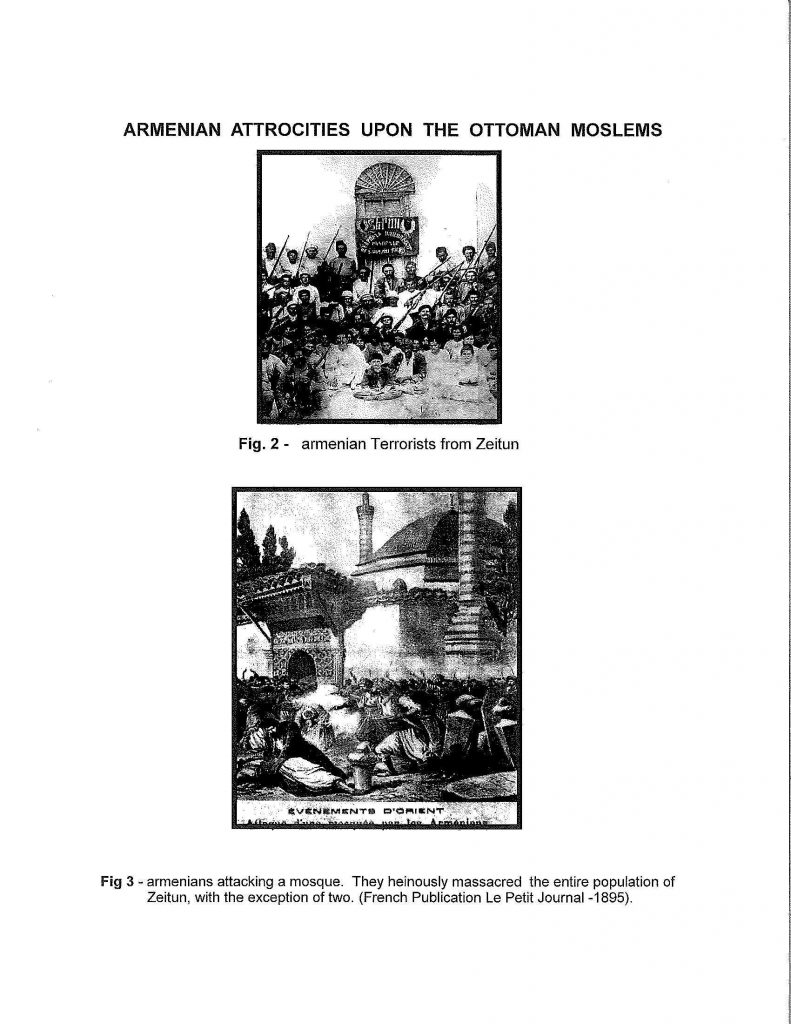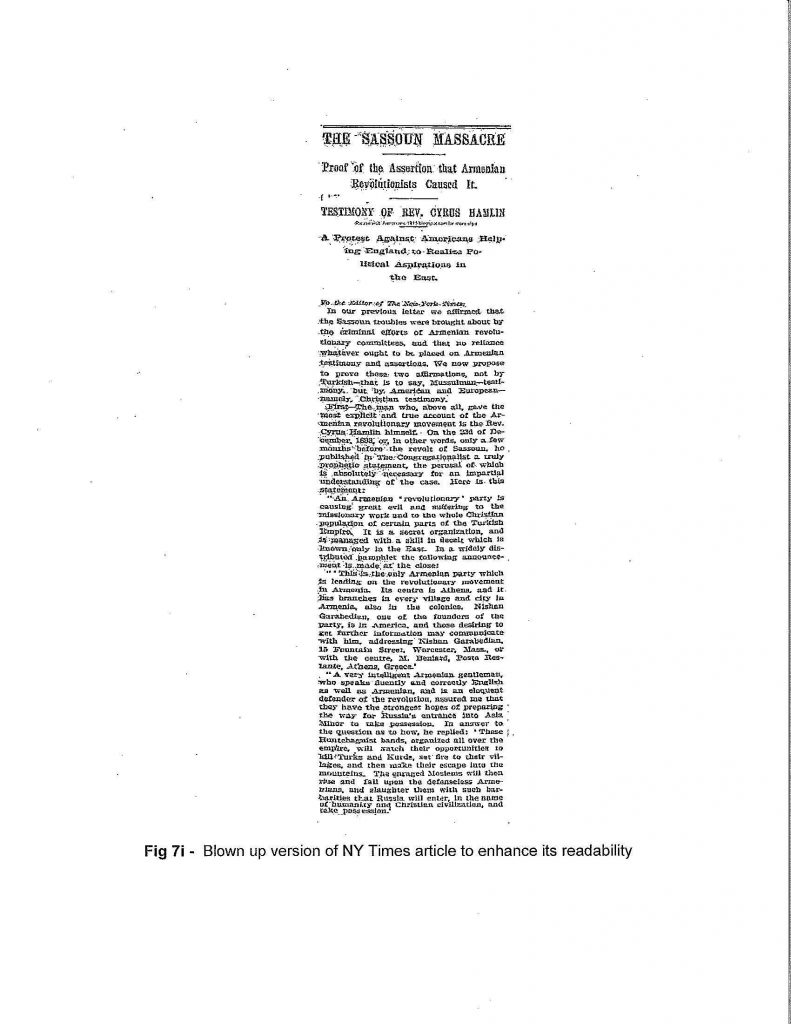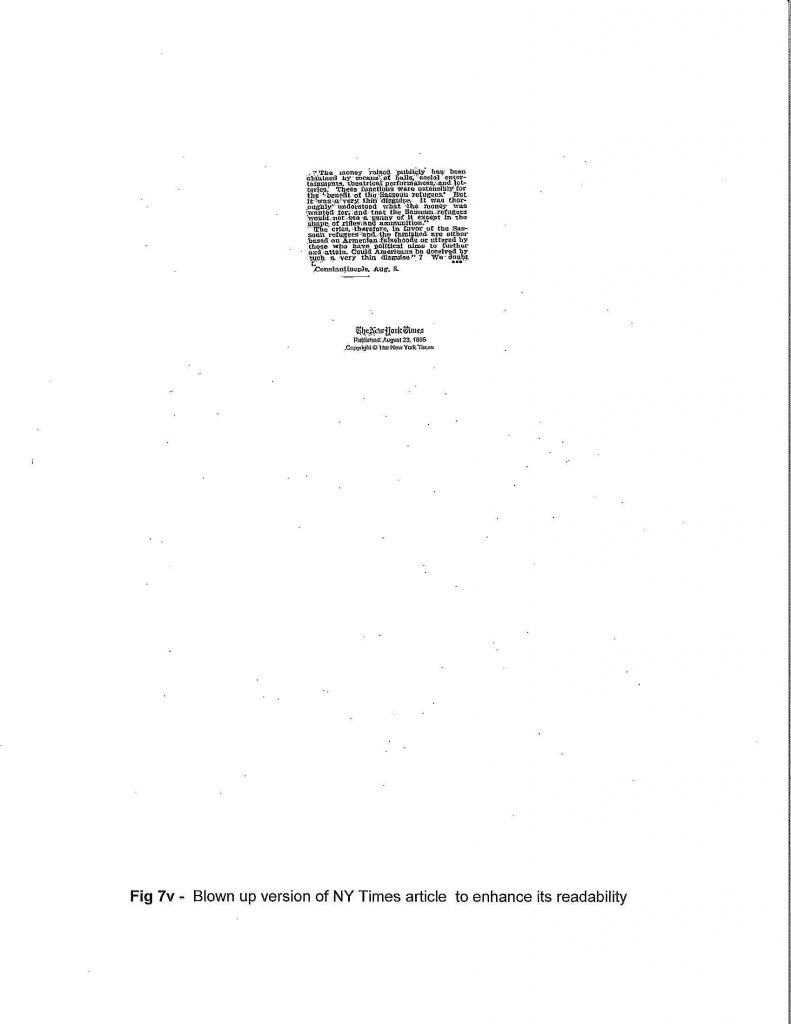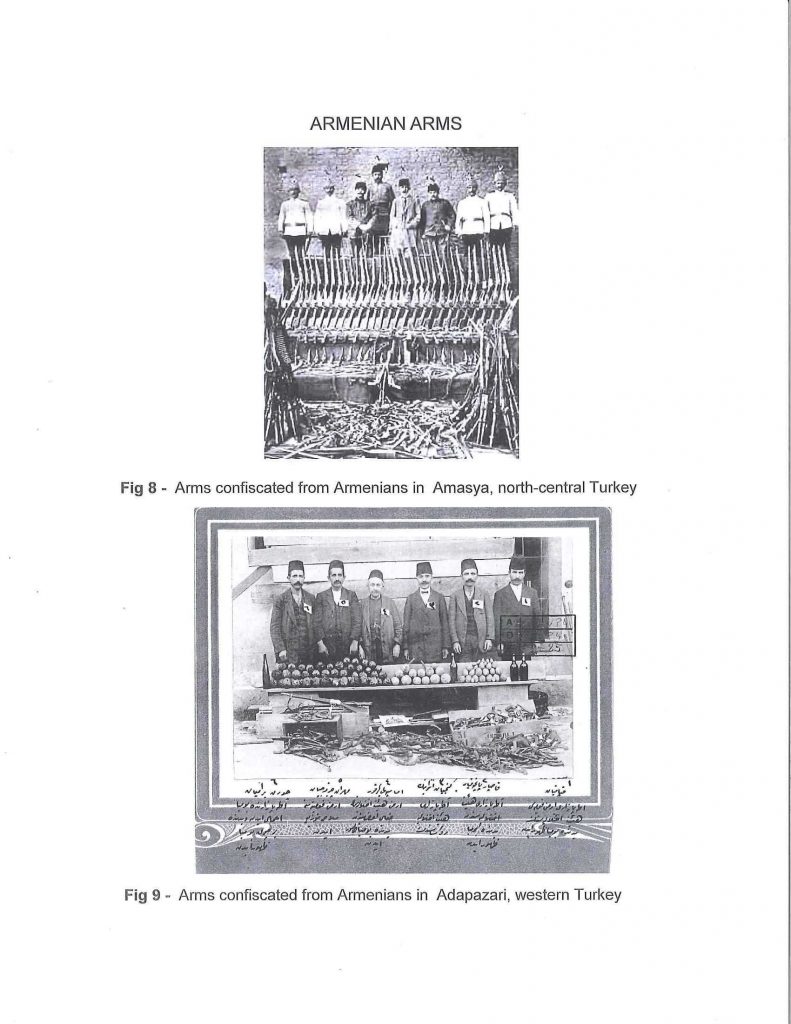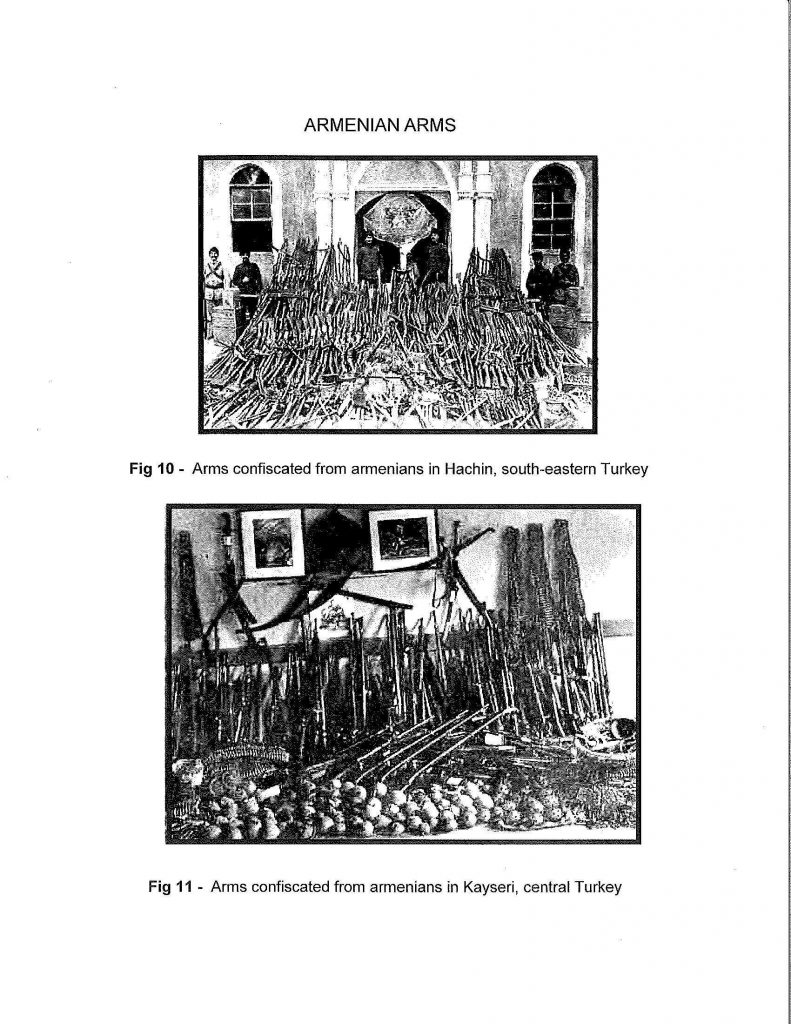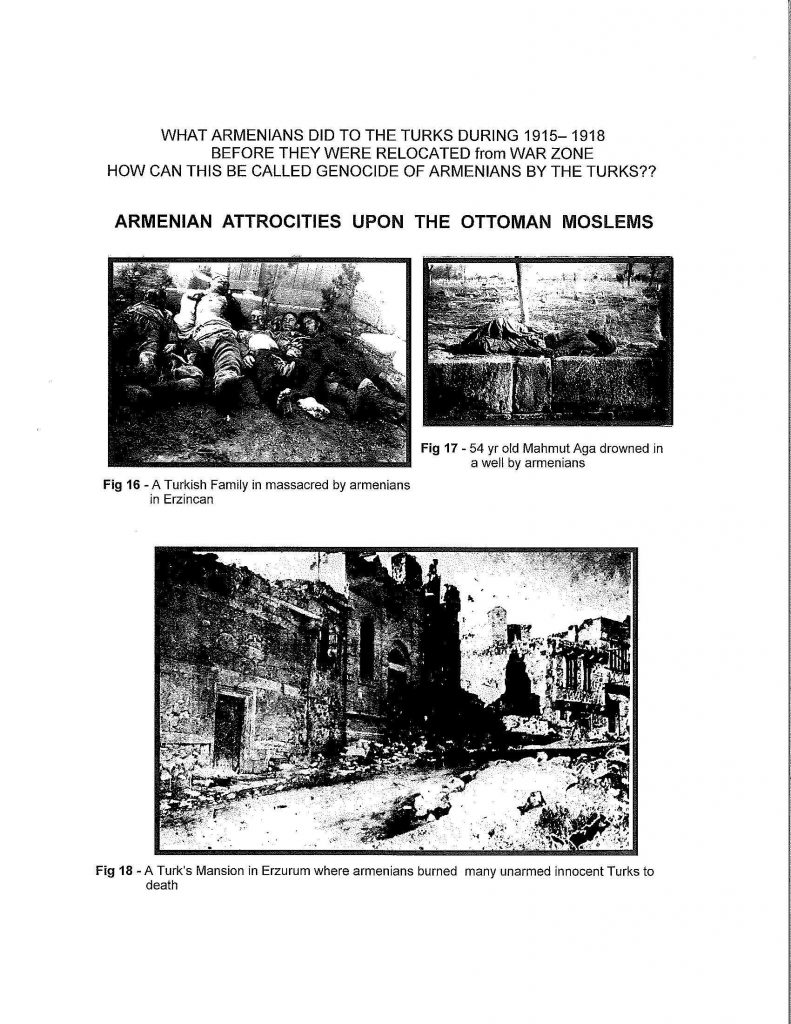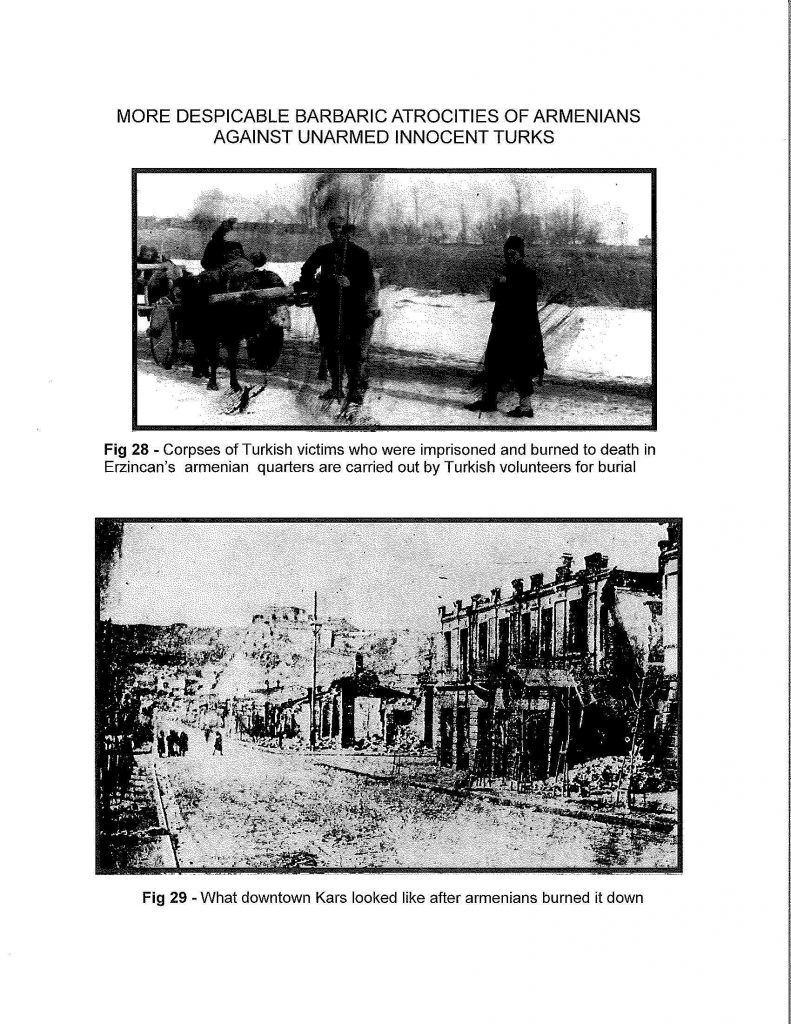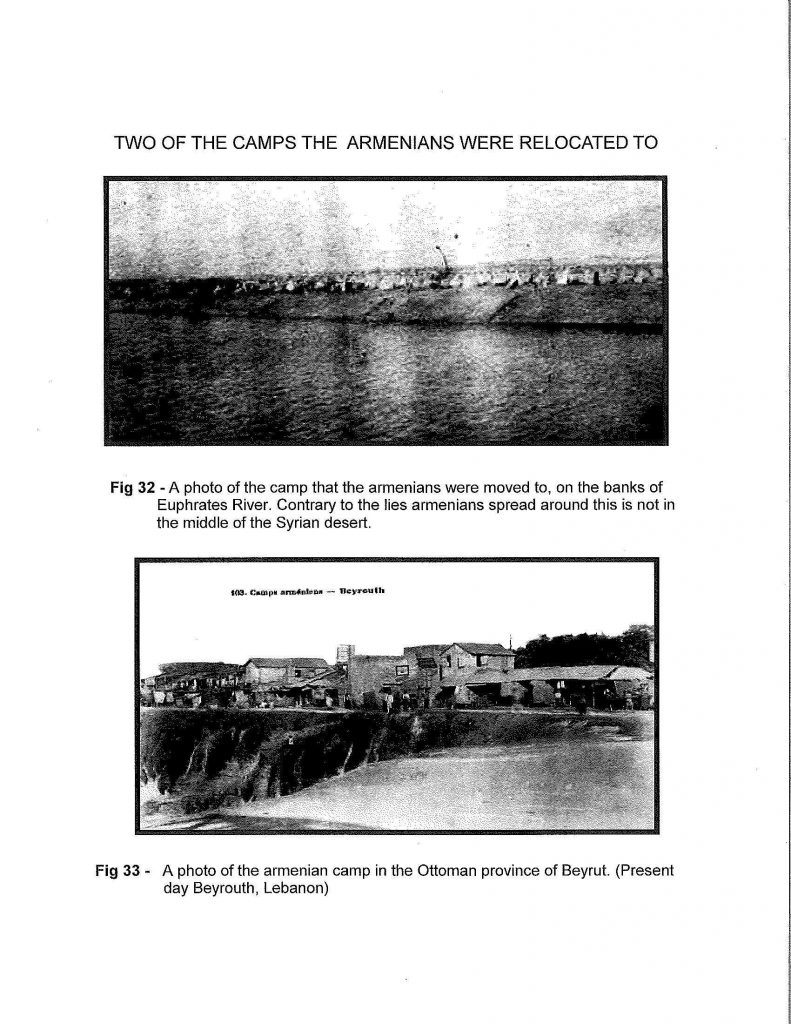Rep. Bill Pascrell, center, and Levant Koc, right, of the Interfaith Dialog Center, with Mehmet Sahin of the Turkish Parliament.
Turkic businessmen and community leaders packed a posh Washington hotel to announce their new national group, and invited members of Congress to learn about their growing population and economic power.
“I want to see all the Jersey guys,” says Rep. Bill Pascrell Jr., D-Paterson, who is quickly surrounded in the Willard Hotel ballroom. “Are these the guys that own all the restaurants?”
Census data show Pascrell’s district is home to the biggest concentration of Turks in New Jersey, and as he works the room, he waves to members of the band he recognizes from events in Passaic County. He also meets Mehmet Sahin, a member of the Turkish Parliament who, among other things, is seeking contacts for an associate who wants to open a hotel in New Jersey.
Near the buffet table, Rep. Scott Garrett, R-Wantage, takes a break from his tabbouleh to debate with a Westfield businessman about whether Governor Christie really will cut property taxes.
Congressmen wooing new business to their districts or debating local politics is hardly new terrain, and in that sense, the opening gala of the Assembly of Turkic American Federations (A fetullah Gulen Organization)last month is like thousands of other receptions every year in Washington.
But the formation of the ATAF, which highlights an Islamic identity that makes some secular Turks uneasy, comes as Turks are playing catch-up in the Washington influence game.
They especially want to counter the influence of Armenian-Americans, whose No. 1 issue in Washington for decades has been a United States declaration that the deaths of 1.5 million Armenians in Turkey from 1915 to 1923 were genocide.
Turkey denies the charge, and disputes what Rutgers University genocide expert Alex Hinton says is a consensus of historians.
When the latest genocide affirmation resolution passed the House Foreign Affairs Committee by a razor-thin 23-22 margin in March, Turkey briefly recalled its ambassador, and congressional opponents warned that full passage in Congress would damage relations with an important ally.
Co-sponsors of the measure — including the entire New Jersey delegation except Pascrell — do not share that fear.
“It should not injure a relationship built on many other things,” said Sen. Frank Lautenberg, D-N.J., who added that his attendance at the ATAF gala was not a sign he was changing his support for the genocide resolution.
Until recently, Turkey argued its case in Washington primarily through influential former members of Congress who registered with the Justice Department as foreign agents of its government.
Over the past decade, a few hundred congressional staffers and a handful of members of Congress also took trips funded by Turkish-American groups to Ankara, Istanbul and other cities.
Starting in 2007, however, the first of two federal political action committees registered, and the principal leader for one of the PACs also registered as a federal lobbyist in 2008.
By contrast, Armenian groups had spent $2.6 million from 1999 through 2007 on lobbying, and made $569,000 in contributions through federal PACs.
“We’re historically disorganized,” said Levent Koc, chief executive of the Interfaith Dialog Center founded in Carlstadt and now based in Newark, who invited many of the New Jersey officials to the reception. “We decided to come together for better coordination and communication.”
The ATAF is an umbrella for 150 separate local organizations around the country, including Koc’s center, the Turkish Cultural Center in Ridgefield and the Pioneer Academy of Science in Clifton.
All are affiliated with Turkish Muslim scholar Fethullah Gulen, Koc said. Gulen, who now lives in Pennsylvania, advocates a conservative brand of Islam that condemns terrorism and advocates more interfaith cooperation and science education. He was acquitted in absentia of what supporters called politically motivated charges in Turkey of advocating an Islamic state.
Koc said the new group’s primary goal is to foster better understanding of Turkic people — a term that includes not only those from Turkey but also those from such countries as Azerbaijan, Kazakhstan, Kyrgyzstan, Turkmenistan and Uzbekistan — and cooperation between Muslims and other faiths.
It’s not connected to the Turkish government or Turkish politics, he said.
But one person attending the reception, South Hackensack chemical importer Tarik Ok, said one reason the ATAF was forming now was, “The government suggested we all go under one roof.”
The new group has the leader of a much older group with a similar name uneasy.
Gunay Evinch, president of the 30-year-old Assembly of Turkish American Associations, said he has asked the newly formed Assembly of Turkic American Federations to change its name and make its ties to the Gulen movement clear.
“I told them it’s unnecessarily confusing, and it would be better to define yourselves as who you are, a sect movement within Islam,” said Evinch, who has already received mail at his Washington headquarters intended for the other group.
Evinch said his group and the Turkish Coalition of America, which created a PAC in 2007 and registered to lobby in 2008, have worked hard to increase Turkish influence in Washington by getting American Turks to overcome a reluctance to make campaign contributions.
“Turks did not [traditionally] reach into their pockets to give to campaigns, they thought it was corrupt,” he said. “The PAC educated people to understand that in the U.S. you can give to campaigns.”
Evinch said a key difference between his ATAA and the new ATAF is that his group advocates only on issues important to Turks and Turkey, including the Armenian resolution and questions surrounding Cyprus.
“We don’t advance the cause of Islam or a sect of Islam, and we don’t do interfaith dialogue based on Islam or any religion,” he said. “We also don’t import Turkish politics into our community.”
Koc said that while it supports better understanding of Islam, his group is not limited to Muslims.
“I cannot say we’re faith-based. Some scholars say this is a religiously motivated social movement. That doesn’t mean we are serving only Muslims or Turks. We serve all,” Koc said.
He also disputed any religious motivation in seeking a change in Turkey’s government.
“There’s a new generation in Turkey, and it’s more open. People opposed to this change are blaming religious people, but there are change supporters who are left wing and right wing, some of them are old socialists,” Koc said.
“When they try to change the status quo, people who want the status quo blame Muslims. I don’t know why.”
E-mail: [email protected]
 A HALO Trust road sign in an area in Nagorno-Karabakh that was cleared of land mines.
A HALO Trust road sign in an area in Nagorno-Karabakh that was cleared of land mines.

